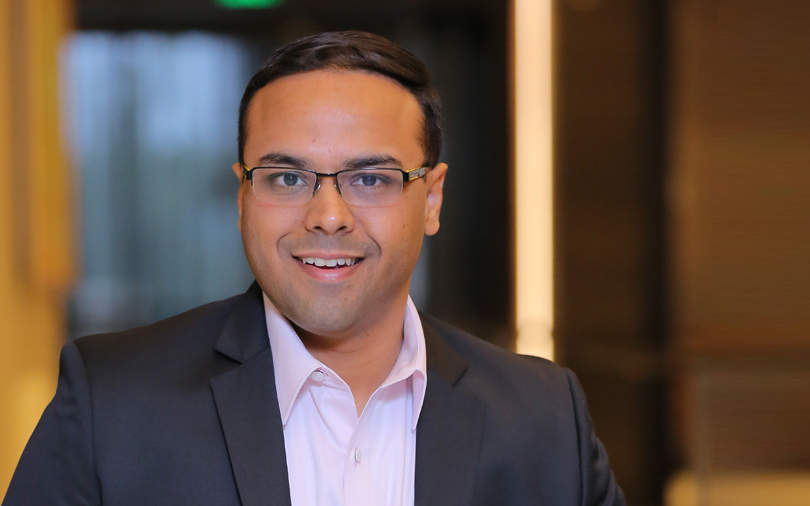
With $51 mn under its belt, Uniphore sets sights on testing the limits of AI


Umesh Sachdev sincerely doubts that singularity, the moment when AI (artificial intelligence) surpasses human intelligence, is something that he will see in his lifetime.
“I am doubtful that we will see AI achieving such excellence (singularity) in your lifetime or mine,” says the 33-year old founder and CEO of conversational AI startup Uniphore Software Systems.
Despite his doubts, Sachdev intends to keep testing the limits on what Uniphore can achieve with AI. “We will continue to push the boundaries of our products to make them more useful for our customers,” he says in an interview with TechCircle from Palo Alto, where he is based.

He now also has the money to do that. Just last week, the startup, which Sachdev founded in 2008 with his buddy Ravi Saraogi from Noida’s Jaypee Institute of Information Technology, raised $51 million Series C round led by US-based venture capital firm March Capital Partners.
“We will use the capital for R&D so that we can take our products and voice analytics to the next level by adding different layers of emotional intelligence to our AI,” he says.
When Uniphore started life at the IIT Madras incubator, the initial plan was to develop mass-scale personalised voice computing or AI solutions in Indic languages for companies that addressed sectors such as agriculture, education and healthcare.

However, eight years after starting up, the founders decided to change course and focus on productised solutions specifically for contact service centers. This was largely the outcome of suggestions from some of the startup’s early investors, says Sachdev. In 2015, it had raised $3.5 million from Infosys co-founder Kris Gopalakrishnan, Indian Angel Network, YourNest Angel Fund and Analog Devices founder Ray Stata.
It rolled out three products -- speech analytics platform auMina, virtual assistant Akeira and portable voice biometrics platform amVoice. While auMina is an assistance software for contact service center employees, Akeira is designed to replace the contact service center executive altogether. The third, amVoice is a voice-based security application. It proceeded also to offer all three products on a SaaS (software-as-a-service) subscription model.
The move to products and the SaaS model served the startup well in terms of investor interest. In 2016, it raised additional funding from IDG Ventures India (now known as Chiratae Ventures). Subsequently, in 2017 it raised an undisclosed sum in a new round from IDG Ventures, IIFL Asset management, Kris Golapakrishnan, JCEP Holding and former Cisco chairman and CEO John Chambers. Including the latest $51 million round, the startup has raised a total of nearly $70 million.

Today, the startup targets contact service centres across countries which Sachdev claims is a $350 billion global market growing at a compound annual growth rate of 9%. A chunk of the capital raised in the Series C round, he adds, will be used to advance the features and technology of its three main products.
It can currently process 100 global and 17 Indian languages through these products.
Sachdev also says that the new funds will also be used to hire new employees to support the expansion plan into different geographies such as Australia, New Zealand, the Middle East countries and European nations over the next 18 months.

“We are looking to hire a good mix of sales, marketing and research and development staff. We are currently around 300 people with 200 people sitting out of India and 60 people in the US. The other 40 sit out of other countries in the Asia Pacific region,” Sachdev adds. The company has just started operations in Japan. It already operates in Malaysia, Indonesia, Vietnam and Hong Kong. Nearly half of its revenues come from the US market alone.
According to data available on research platform VCCEdge, the company reported net sales of Rs 3.27 crore for the financial year ended March 2018. It also reported a loss of Rs 20.19 crore for the same fiscal period.
